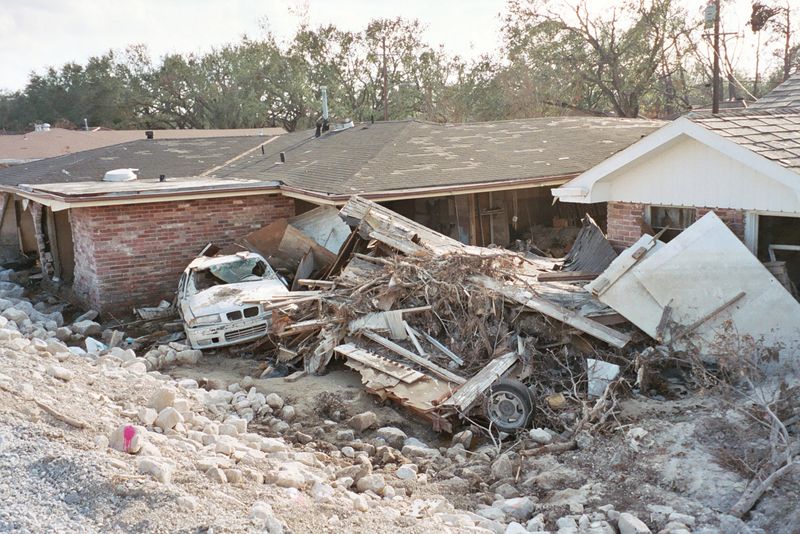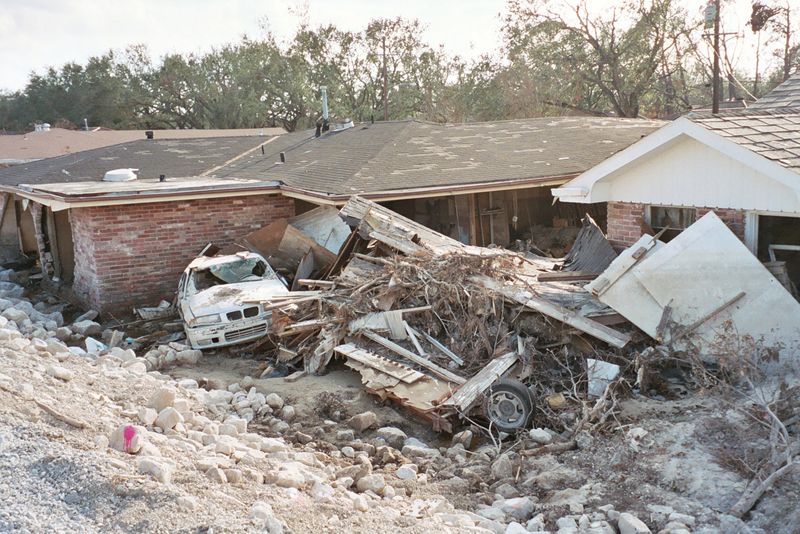American cities adopting climate change adaption methods
After suffering from severe inclement weather, heat waves and floods, an increasing amount of U.S. cities across the nation have undertaken climate change vulnerability assessments in order to adapt to climate change.


After suffering from severe inclement weather, heat waves and floods, an increasing amount of U.S. cities across the nation have undertaken climate change vulnerability assessments in order to adapt to climate change.
Highly industrialised metropolies such as New York City and Chicago – where rising tides and flooding are predicted to worsen – are taking immediate steps to counter adverse effects of climate change.
The city of Chicago is encouraging its cash strapped residents, hit hard by America’s recession and AAA credit rating downgrade, to help in combating future flooding by providing rebates and incentives for placing rain-collecting barrels, compost bins and indigenous plants in their yards.
Chula Vista, California, consisting of a population of over 240,000 residents, has mandated that structures along the waterfront will be required to have higher foundations in anticipation of expected rises in sea levels.
Additionally New York City’s wastewater treatment plants will elevate their pumps, where rising tides are predicted to impact the large natural harbour it rests on.
"It's a new field…We're already seeing consequences of climate change, and those will only intensify." said Brian Holland, director of climate programs at International Council for Local Environmental Initiatives (ICLEI) -Local Governments for Sustainability USA, to USA Today. ICLEI launched the Climate Resilient Communities program in 2010, aimed at assisting cities to examine the effects of climate change and develop financial mechanisms to fund adaptation. ICLEI have reported over 600 local governments worldwide are participating in the initiative, with numbers to increase.
According to a report released this month by The Natural Resources Defense Council (NRDC), coastal cities anticipate "serious challenges" from sea-level rise, while Southwestern cities will face water shortages and Midwestern cities, can expect more intense storms and flooding.
Michelle Mehta, co-author of the NRDC’s "Thirsty for Answers" report, stated to USA Today that "We're mostly at the study and planning phase,” and that some projects will meet immediate needs but will also help cities cope with natural issues intensified by the effects of climate change.
It is hoped the local initiatives will act as a catalyst towards more federal government involvement in combating climate change, and increasingly difficult feat as Congressional members continually debate the scientific validity of climate change.
Article by Diva Rodriguez | Climate Action
